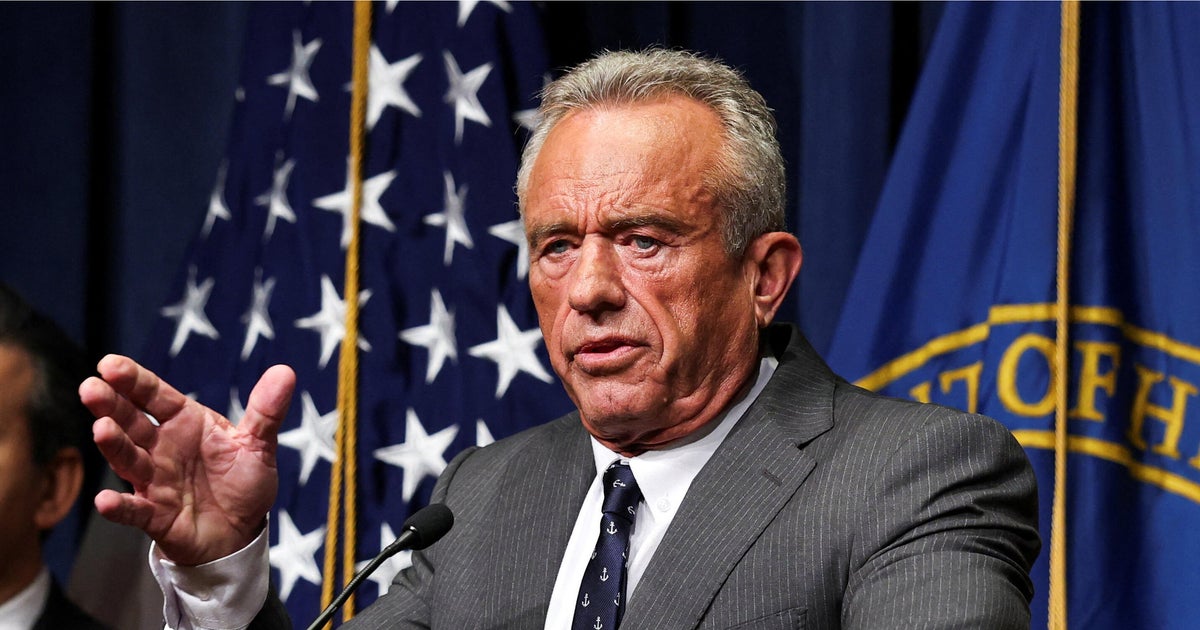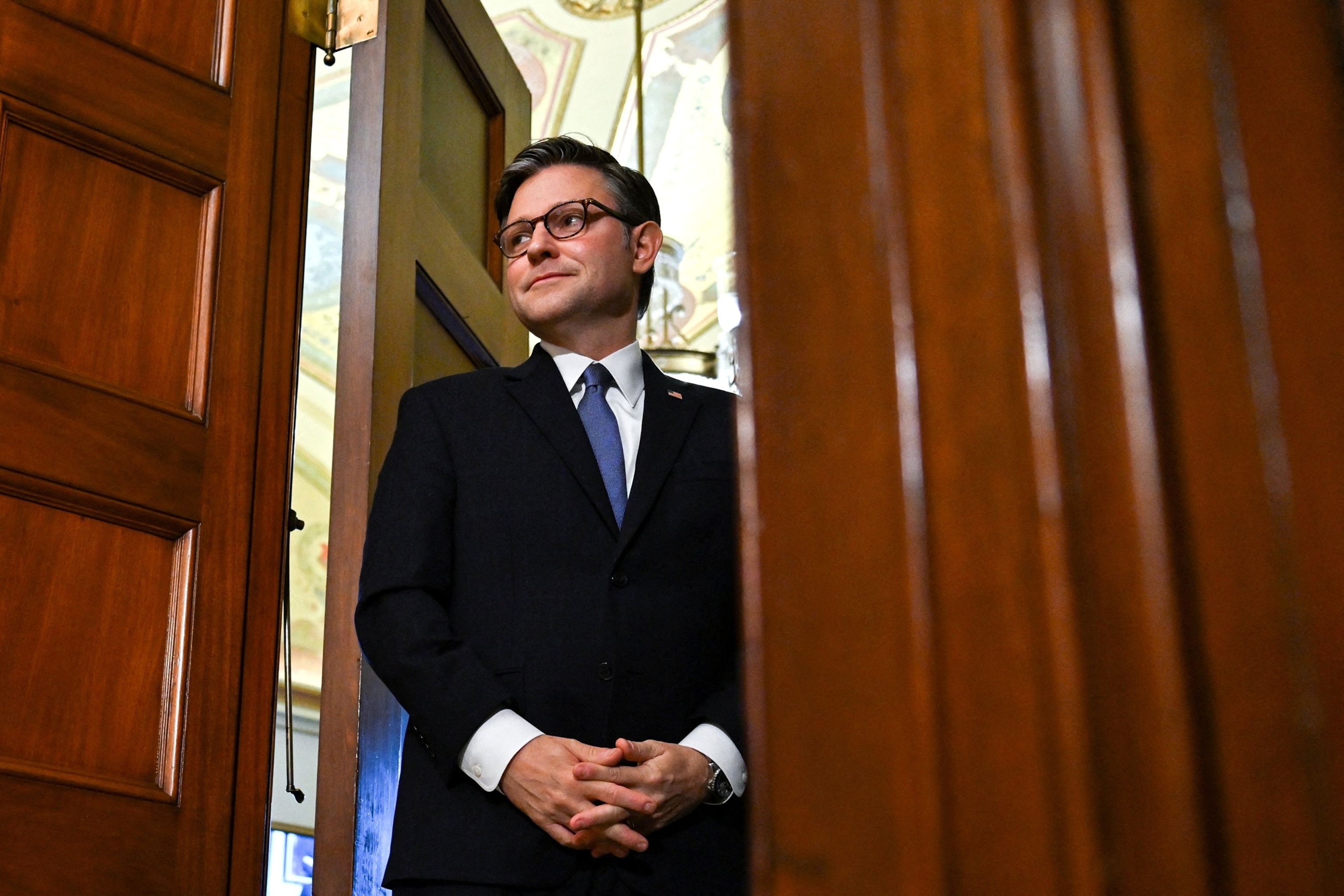
The federal government is calling off around $500 million worth of vaccine development projects that use mRNA technology, Secretary of Health and Human Services Robert F. Kennedy Jr. announced Tuesday.
The 22 now-terminated projects were funded through the Biomedical Advanced Research and Development Authority, or BARDA. Most of the projects that were cancelled were for vaccines that fight COVID-19 or the flu, Kennedy said.
They include proposals from Pfizer, Sanofi Pasteur and other drugmakers that were rejected or cancelled, along with a now-shuttered award to Moderna to develop a bird flu vaccine, according to an HHS statement. The projects were reviewed and canceled over the last few weeks, said Kennedy.
A Moderna spokesperson told CBS News that the company’s H5N1 (bird flu) contract was cancelled in May, and it isn’t aware of any new BARDA cancellations.
Kennedy framed the move as part of a step away from research into mRNA vaccines. Those types of vaccines use messenger RNA, or mRNA, to prompt the body to make proteins that induce antibody production, to protect against an infection. The approach has drawn more interest since the COVID-19 pandemic, when mRNA vaccines by Pfizer and Moderna were found to be safe and effective against the coronavirus. Public health officials credit the rapid development of the vaccines with saving millions of lives.
Nevertheless, Kennedy said, “HHS has determined that mRNA technology poses more risk than benefits for these respiratory viruses.”
He argued mRNA-based vaccines can stop working properly if the virus that they target mutates too much, citing coronavirus as an example. “A single mutation can make mRNA vaccines ineffective,” Kennedy said.
Leading infections disease experts criticized the decision and said it will leave Americans vulnerable.
Dr. Paul Offit, a virologist and vaccine expert at Children’s Hospital of Philadelphia, told CBS News that Kennedy “has once again made a decision, not based on scientific evidence that puts this country at unnecessary risk.”
Epidemiologist Dr. Michael Osterholm called it “one of the worst decisions I’ve seen in 50 years of public health preparedness work.”
“If an influenza pandemic hit us tomorrow, the global flu vaccine manufacturing capacity using the standard method of growing the virus in chicken eggs would only produce enough vaccine in 18 months to vaccinate just one fourth of the world,” he told CBS News. “We desperately need a vaccine technology where we could make enough vaccine for the world in a year.”
Many experts say a major advantage of mRNA vaccines is that they can be developed, manufactured and changed quickly, allowing drugmakers and public health officials to respond rapidly to novel viruses and to constantly mutating viruses like the flu.
In 2020, the first Trump administration funded Pfizer and Moderna’s mRNA COVID-19 vaccines, which were developed significantly faster than traditional vaccines.
Kennedy has has a long history of raising doubts about vaccines. Since he joined the Trump administration, he has fired members of an expert panel that made vaccine recommendations, and announced the removal of a recommendation for children and healthy pregnant women to get vaccinated for COVID-19. The Centers for Disease Control and Prevention still says children may get the vaccine and that it is safe and beneficial for pregnant women.
Kennedy said Tuesday that HHS is moving the now-cancelled funding to “safer, broader vaccine platforms that remain effective even as viruses mutate.”
“Let me be absolutely clear: HHS supports safe, effective vaccines for every American who wants them,” the health secretary said.
Dr. Céline Gounder and
contributed to this report.



